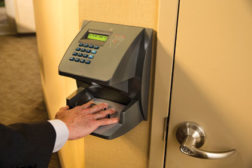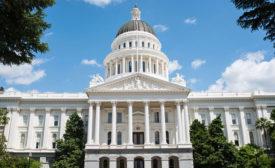Identity Management
Facilitating Better Healing with Visitor-Friendly Security
Being near family, surrounded by familiar and caring people, can help patients heal better and faster.
May 1, 2014
Adding Badges to Save Budgets in Local Governments
Badging several thousand employees in several hundred different facilities can prove to be very complex.
March 1, 2014
Sign-up to receive top management & result-driven techniques in the industry.
Join over 20,000+ industry leaders who receive our premium content.
SIGN UP TODAY!Copyright ©2024. All Rights Reserved BNP Media.
Design, CMS, Hosting & Web Development :: ePublishing






